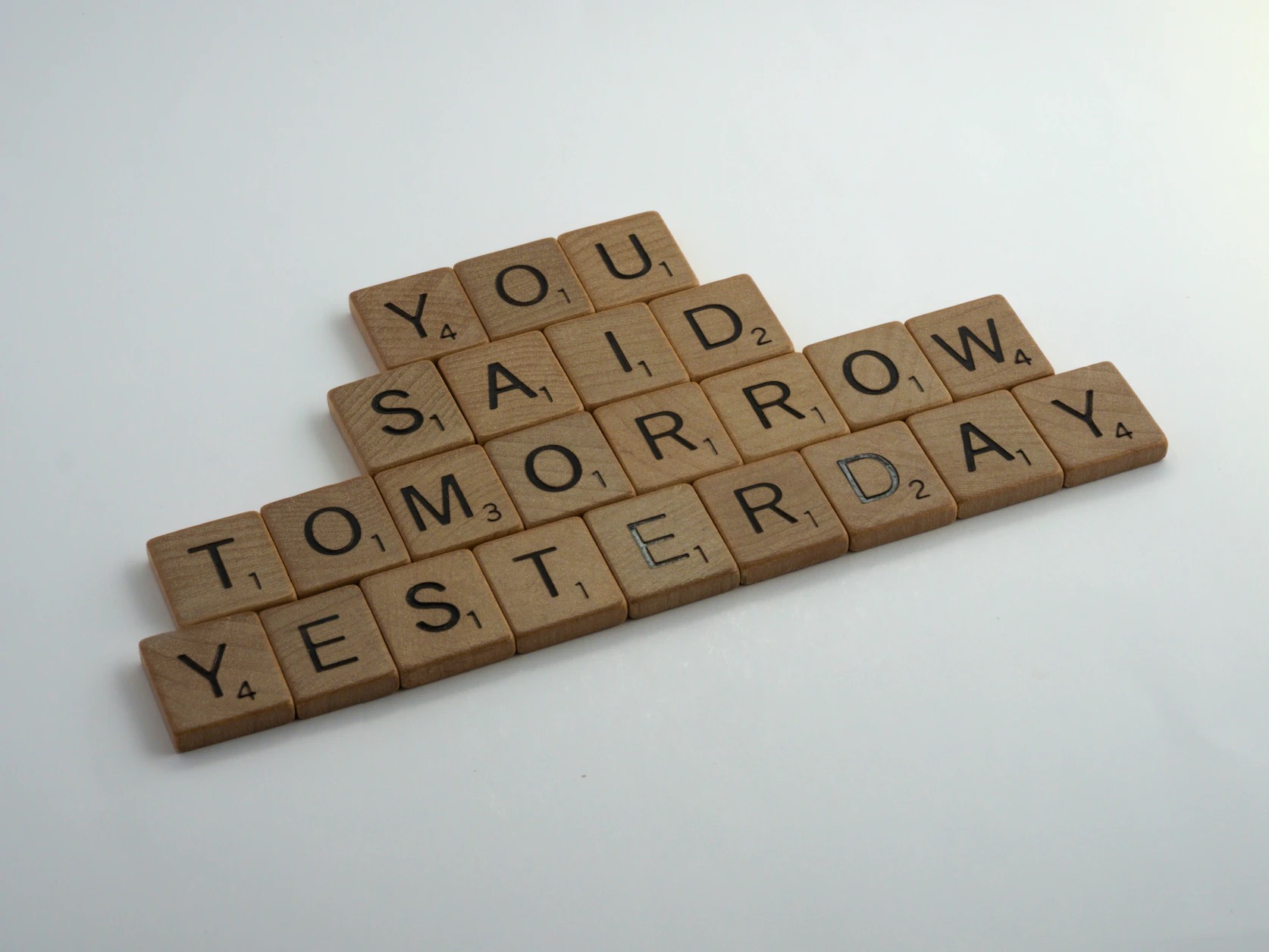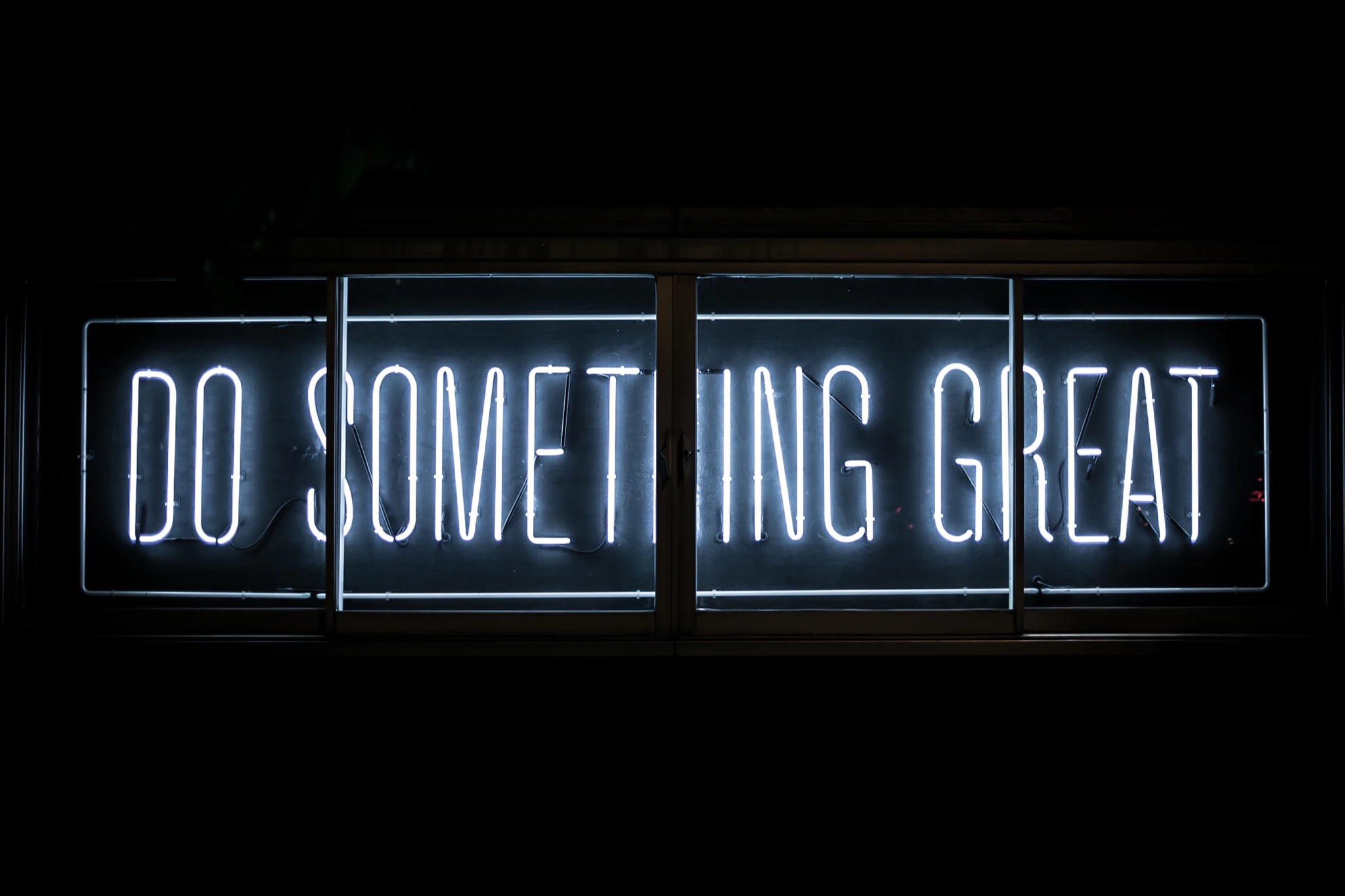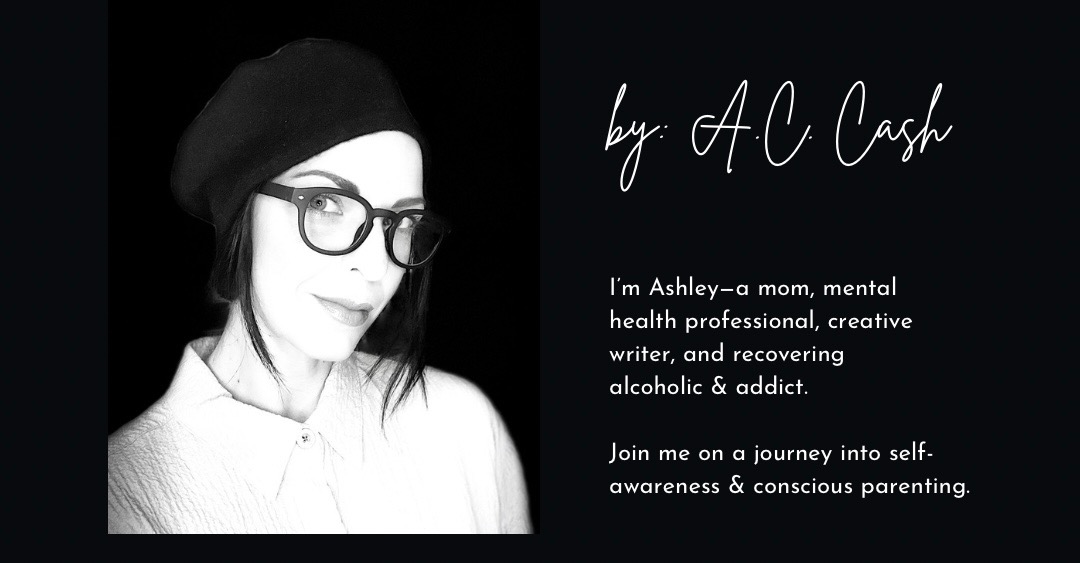
Vol. 12: The Psychology of Procrastination
Volition, which means intentional behavior, comes from the Latin meaning to wish. Volitional regulation is a crucial factor in our day-to-day lives.
Although we do many things habitually and non-consciously, without the ability to schedule, choose, and execute actions voluntarily, we would lack aspects of mental functioning that many consider central to what it means to be human.
But, more importantly, and in practical terms, we would often fail to get things done without volitional regulation; we would remain in a procrastination loop.

I have tried everything to stave off procrastination, including Mel Robbins’ five-second rule:
When you find yourself face-to-face with something that you dread doing and are likely to put off until a later date, count backward from five.
5, 4, 3, 2, 1 - Now, do the damn thing!!
But it's not always that simple. Some even argue procrastination works in your favor, especially in innovation cases when there is a deadline.
We often hear the excuse that creative people love leaving things to the last minute; they justify their actions by claiming that they are most productive under pressure—um, guilty as charged.
However, scientific studies show that the opposite is true. Putting things off until the very last moment creates fertile ground for stress, guilt, and ineffectiveness.
As a people-pleasing human with a brain full of bumblebees, I hold a secret:
I am a chronic procrastinator.
Like, the higher the stakes on something, the more terrified I am of starting it. I can't even look at official Government forms until the day they're due.
Arduous writing projects, editing to be exact? I would rather clean a litterbox belonging to an elderly tiger.
I recently voiced some concerns about my procrastination to a friend, stating, "I should change the name of my blog to the eleventh hour."
All jokes aside, there's a varying array of procrastination types, and according to research, only about 20% of us procrastinate chronically. Phew!
But why do we procrastinate?
If you're anything like me, you can't fathom finding a solution to life's problems until you discover the causation of said problems.
Thus, I did a little research for us. And yes, I waited to compose this formulated information until the very last minute.

PRIORITIES vs. PROCRASTINATION
"While everyone may procrastinate, not everyone is a procrastinator," says Joseph Ferrari, a psychology professor at DePaul University, leading researcher on the subject, and author of Still Procrastinating: The No Regrets Guide to Getting It Done.
Everybody might put off a task; perhaps the college student delays reading, studying, and registering for a class. But if Lizzo gives the first 50 people a free concert, they're there. Likewise, if there's a free keg of beer in the dorm, they're ten minutes early to the frat party.
So, it's imperative to remember that there's a difference between academic procrastination and global, everyday procrastination—not having your priorities in order—or what experts call chronic procrastination. They're two different beasts.
Some folks say poor time management is to blame for procrastinating, but psychologists disagree, citing unhealthy coping mechanisms instead.
When we procrastinate, we avoid an unpleasant task and do something else that gives us a temporary mood boost.
Timothy Pychyl, a professor who studies procrastination at Carleton University in Ottawa, calls this avoidance behavior "giving in to feel good."
Now, that's where priorities come into play.
When you prioritize, you deliberately order your responsibilities and complete the most important ones first, leaving the less important ones for later, often not completing the tasks at the bottom of your list in one sitting.
Procrastinating is not the same as prioritizing various tasks, people. It's just not.
We're talking unhealthy avoidance here.
I am, without a doubt, a bonafide professional procrastinator. Although I may get things done when there are external pressures or rewards, the motivation to act doesn't seem sufficient most of the time.
I think I should, or I need to act, but I can't seem to choose that path.
PERFECTIONISM, FEAR & FAILURE
The very framework of my procrastinative tendencies is fear.
In the recovery community, there are a few clever acronyms for the word fear, including the two that seem to bounce off one another like those rubber balls my kid retrieves from a machine that eats my quarters.
Fuck Everything And Run.
Face Everything And Recover.
The most beneficial choice is the latter, in case you're wondering.

Recently, I learned a F.E.A.R. acronym that relates specifically to procrastination and acts as a list of ways in which fear causes us to put off until tomorrow what we should have completed yesterday.
Failure, Expectations, Abilities, Regret.
No matter which of the above classifications our procrastination falls into, fear and self-doubt are typically to blame.
I am constantly reminding myself that I am worthy of success. And I'm talking on a minute-by-minute basis.
Of the go-to phrases spoken by my inner critic, the most common are:
"Ugh, come on, do it later. It will never be perfect anyway. Fuck it! Might as well not do it at all! No one cares!"
For my entire life up until recently, I considered myself far from a perfectionist. I accepted long ago that I would never find quintessence in any mortal human being, top-shelf liquor, or celebrity deejay's East Village bedroom.
But, when it comes to self-oriented perfectionism, I'm a backbiter—a real drill sergeant.
Perfectionists are constantly striving for the best and, as such, are continually criticizing their work. For some perfectionists, the fear of failing, or producing work to a low standard, can be so overwhelming they never actually get around to starting anything.
Often, I second guess my ability to accomplish long-term goals because I visualize my future self as separate from my present self, a phenomenon known as temporal disjunction or temporal self-discontinuity.
GROWING OUT OF IT
We feel anxiety when we have to do hard things, so naturally, we avoid them at all costs. But it's only a temporary fix when we try to eliminate negative feelings by scrolling our social media feeds or utilizing other unhealthy escape routes.
By facing your emotions, you can begin to manage them.
The major defects in my character, such as my remarkable tendency to procrastinate, are nothing more than reminders to grow—to develop new skills, gain knowledge, and strengthen my voice.
The growth process isn't always pretty, but I have to make friends with fear and the need for courage because if I want to grow, I have to normalize this experience.
Besides, procrastination is probably here to stay, so why not get it working in your favor?
I would go a step further and say that the only way to avoid procrastination is to stop having personal ambitions about a bigger and better future. And I never intend to do that; I hope you don't either.
A shift in how you think about procrastination can be the start of one of the most transformative experiences of your life.
Changing your mindset can transform every procrastination you've experienced into a positive and creative capability. Moreover, it's a source that's rich in possibilities once you eliminate negativity.
One of the most effective things that procrastinators can do is to forgive themselves for procrastinating.
Too deep? Hear me out.
Because procrastination links to negative feelings, researchers say employing self-compassion works.
When you forgive yourself, you'll reduce your guilt about procrastinating, eliminating one of its primary triggers.
And, as simple as it may sound, breaking down tasks into easily accomplished grades can be a step in the right direction, too—no pun intended!
Even completing a relatively small degree forward makes one feel better about the perceived mission and increases self-esteem, reducing the desire to procrastinate.
Plus, this simple swap shifts your attention from your emotions to action so you can finally finish what you started.
Furthermore, it's crucial to surround yourself with doers, not with people who are going to slack, but with people who will get things done.
Throughout my research on overcoming procrastinative propensities, the most meaningful advice I found is to go easy on yourself.
Always remember that you are worthy of love.
I remind my son of this every single day.
Regardless of how well you perform and your abilities, you are worthy and deserving of everything you want.
So now is the time to test your potential and discover what you're capable of achieving. Then, instead of fearing failure, reframe it as feedback. Finally, realize that you may fall flat on your face and be open to the lesson in that blunder.
After all, you'll never find if you do not seek.
5, 4, 3, 2, 1 - Go!

THIS WEEK’S LINKS:

Post a comment